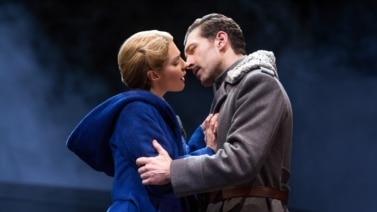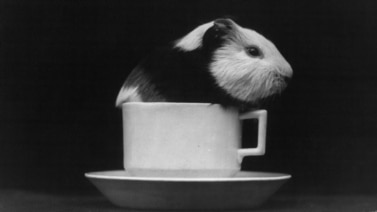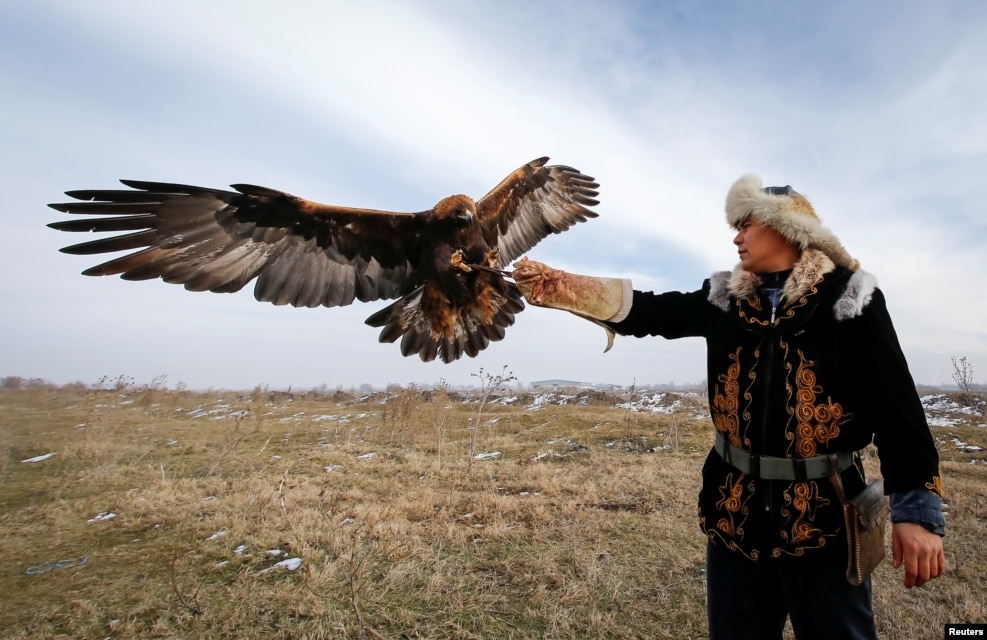
Now, the VOA Learning English program Words and Their Stories.
Our world is home to thousands of different kinds of birds. No two bird species are the same. Each one has its own unique qualities - like its feathers!
Feathers keep a bird warm and dry. Feathers also help it to fly. And they can be very colorful, making a woodpecker with its bright red feathers stand out in the woods on a cold, wintry day.
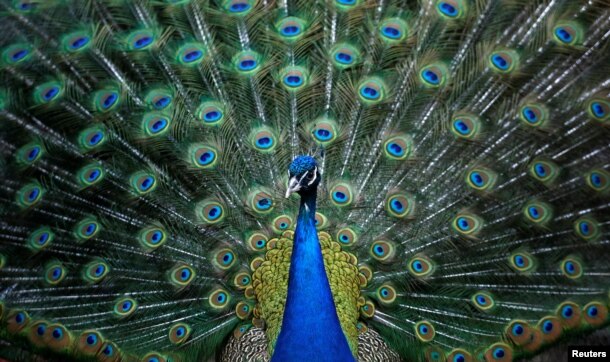
And people have been wearing bird feathers on hats for hundreds of years. But feathers were not just worn for decoration - to improve a person’s appearance. Hundreds of years ago it also meant something else. A feather could represent a person’s standing, success or even, in some cases, a kill.
Feathers have made their way into many common English expression. Today we talk about one: “To have a feather in your cap.”
‘Cause I don’t wanna go on with you like that
Don’t wanna be a feather in your cap
(I Don’t Want to Go on With You Like That by Elton John)
A feather in your cap is something you are really happy about. The feather gives you bragging rights - a chance to tell the world about your success.
A feather in your cap also gives you an upper hand, meaning it puts you in a better position. For example, on social media, having a million followers on Twitter can be considered a feather in your cap. Getting a pay raise or winning an award can both be feathers in your cap.
So it is something you can be proud of and something you can use in the future to get ahead.
The Etymology Online website notes that the act of placing a feather in a hat or on your head has meant success in many cultures, “apparently independently.”
As an example, the site uses the early English travel writer Richard Hansard and his 1599 Description of Hungary:
“It hath (has) been an antient (ancient) custom among them [Hungarians] that none should wear a fether (feather) but he who had killed a Turk...”
And some Native American tribes would give feathers to someone for a brave act.
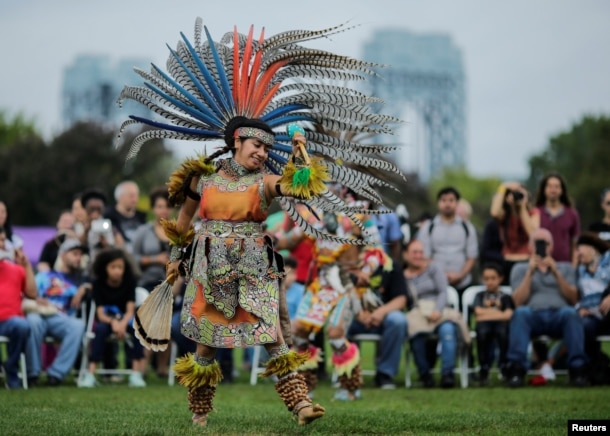
The saying “a feather in your cap” is widely used in conversation and even in some songs. Many American children sing these words without even knowing what they mean.
Let’s listen to part of a well-known song called Yankee Doodle.
Yankee Doodle went to town riding on a pony;
He stuck a feather in his cap and called it macaroni.
Yankee Doodle keep it up, Yankee Doodle dandy,
Mind the music and the step, And with the girls be handy.
(Traditional American song)
This song dates back to the days of the American War of Independence. Some people say British soldiers sang it as a way of making fun of the opposing forces.
“Doodle” was an 18th century British term for a stupid person. And “macaroni” meant a well-dressed person, someone who likes the finer things in life. So, saying “stuck a feather in his cap and called it macaroni” meant that the colonists thought they could look good by simply placing feathers in their caps.
By the way, we still use both “doodle” and “macaroni” today, except the meanings have changed completely. A “doodle” is a quickly made and simple artwork. And “macaroni” is a small noodle.
One last note on this expression: The word “cap” can belong to anyone. In fact, you can use whatever descriptive words you need to explain who is wearing the cap. For example, winning an Oscar is surely a feather in the cap of any movie director. And getting accepted to a great university is a feather in the cap of any student.
Hopefully, speaking English is now a feather in your cap!
And that brings us to the end of another Words and Their Stories.
Until next time, I’m Anna Matteo.
Disappointment is a feather in your cap,
You want the truth so you can crush it in your hand.
(Feather in Your Cap by Beck)
Anna Matteo wrote this story for VOA Learning English. George Grow was the editor.
Words in This Story
unique - adj. being the only one
feather - n. any one of the light growths that make up the outer covering of the body of a bird
upper hand - n. advantage
proud - adj. having a feeling of pleasure or satisfaction especially with a person’s own achievements or with someone else’s achievements : very pleased
well-dressed - adj. wearing attractive or fashionable clothes
conversation - n. an informal talk involving two people or a small group of people : the act of talking in an informal way

